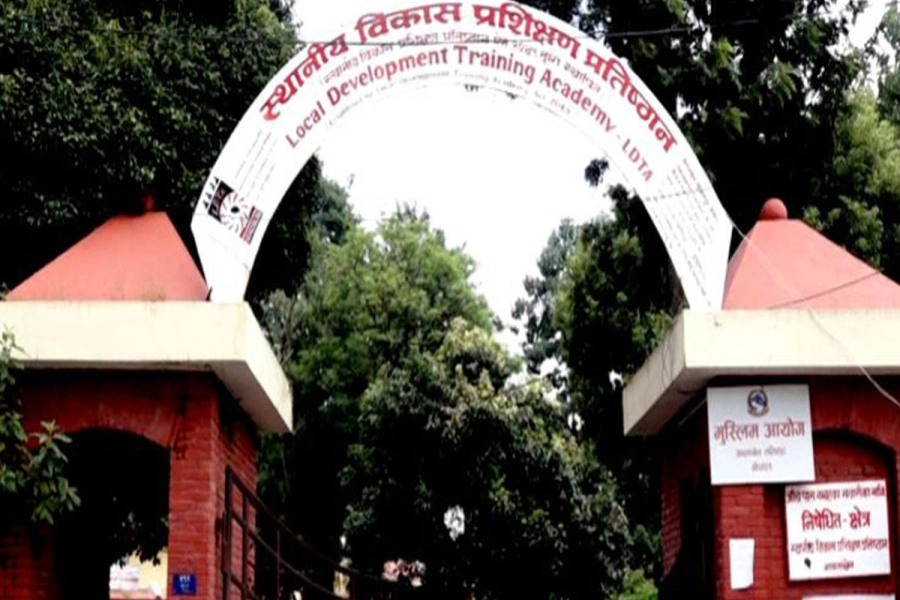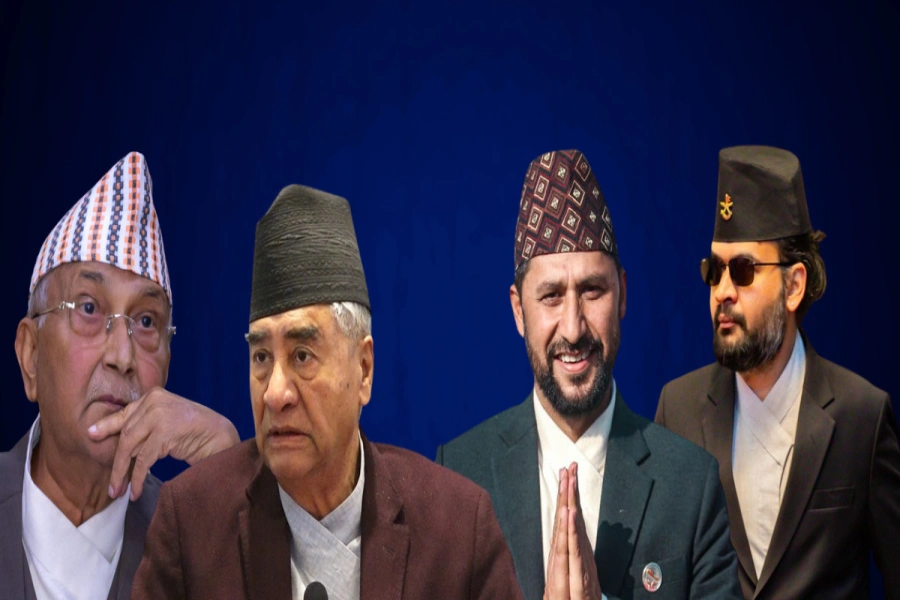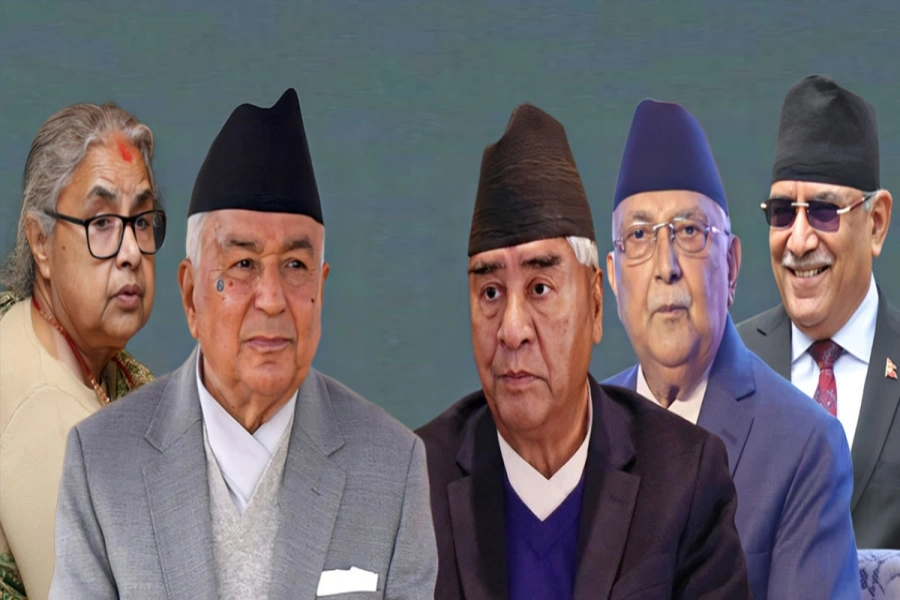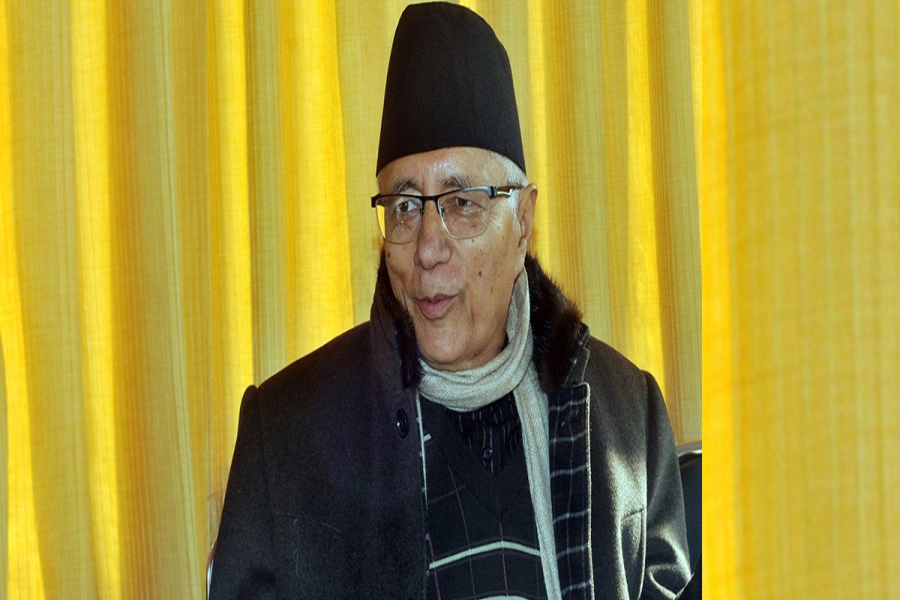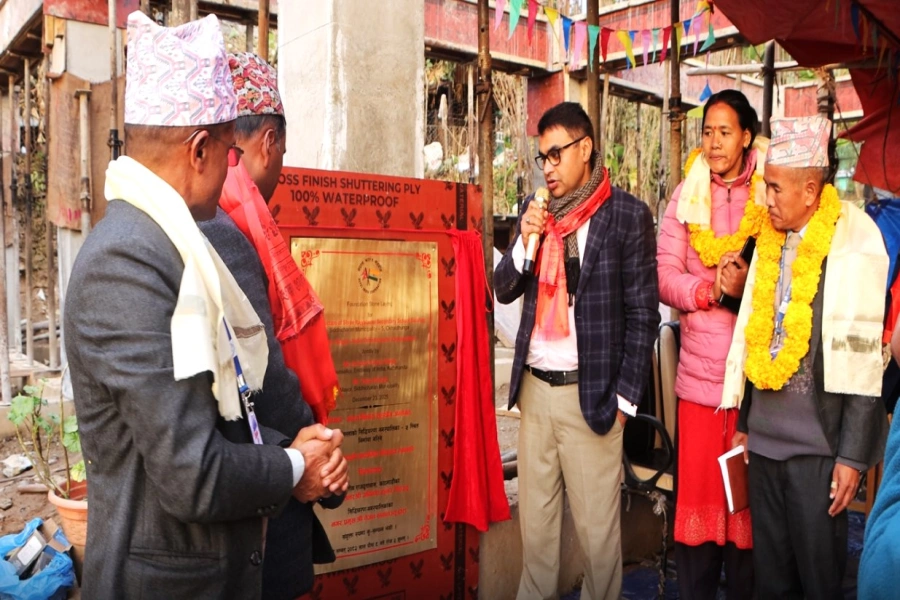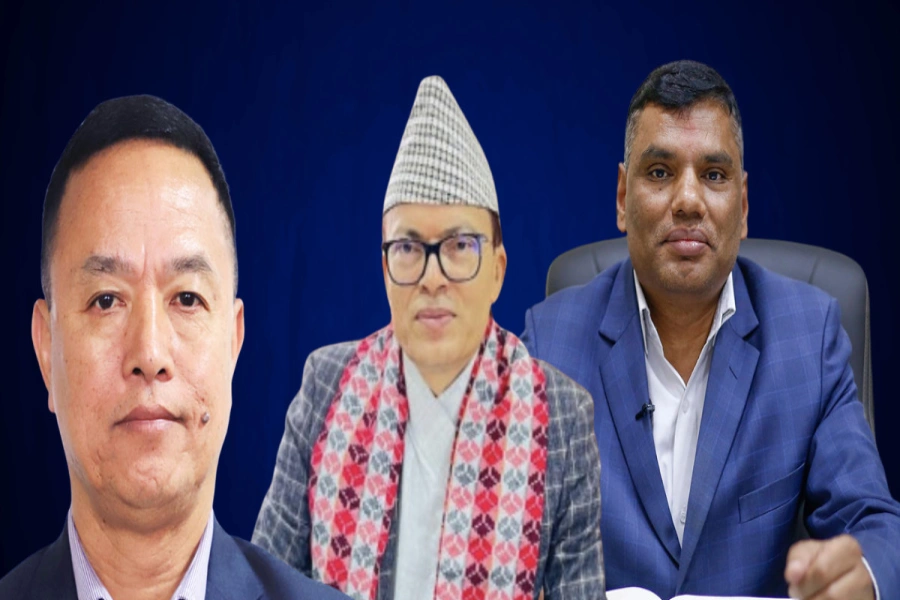Our endeavor today should be to become ‘citizens’ of this country irrespective of our caste and ethnic orientation
In any given society, people are the core factors to ensure development and stability. Human resource is the most complicated thing to mobilize for this. Likewise, strategy is a long-term, forward looking approach to planning which must be guided by well defined policy to achieve common goal that a specific society sets for development. Unless human resource is united under single umbrella with this spirit, development cannot take place.
Kethoser (Aniu) Kevichusa, PhD from Oxford Center for Mission Studies and Middlesex University, London has divided people under three broader categories. He classifies people under ‘idiot’, ‘tribal’ and ‘citizen’ groups. He revealed this view recently at a program organized to mark Naga Day ceremony where all Nagas came and stood together as one people to show their solidarity in Nagaland of India.
Idiots and citizens
Aniu says these types are broadly differentiated by notable sociologists and public intellectuals although the pioneers who identified and stated these categories were founders of democracy in ancient Greece. Greek people, as we know, contributed to forming modern civilized world in many ways. Greeks believed the first kind of people is ‘idiots’. They are not mentally deficient, but they are those who are totally self-centered. The ‘idiots’ always run for the private gains and personal interest. They have no public philosophy, no knowledge, no skill, no character and no virtue to contribute to the society. Such people always look out for personal pleasure and treasure. They are supported by likeminded politicians, foreign powers and elites of the society for their vested interest.
Effective implementation of Senior Citizens Act 2006 emphasize...
-1200x560_20220314134310.jpg)
Tribal people follow tribalistic philosophy but they do not necessarily belong to that specific tribe or society. Such people are not able to think beyond the interest of their small tribe or group. For them, their primary religion is their tribe and tribalism is their god. They generally view everything from their own prism and interpret it in their own way. They are always suspicious and fearful of others. They tend to respond to rest of the people with intimidation, force and violence. The ideal persons for the tribal people are the warriors.
The third category is ‘citizens’. For ancient Greeks, citizens are those who have the skills and knowledge to live respectable public lives, who know the value of common wealth as well as their rights and responsibilities towards the society. In other words, they help to form a civilized society.
Nepal’s case
So where do we fit in these Greek schemes? We must evaluate where we fall in these three broad categories. Unless we individually understand our role in the society we can never contribute to nation building. From the time of unification to this day, we are blaming and counter blaming each other for exploitation and social injustice. We are crying for our individual identity at the cost of common ‘Nepali’ value and identity that our forefathers had secured for us with sacrifice.
Let’s ignore the ‘idiots’. They run for private gains but will definitely disappear once we clean our courtyards and make our homes corruption free. But they will thrive if we do not do so. The poverty starts from the mind, and the dirty mindsets create ‘idiots’. Unless our poor mindsets are cleaned, we can never cleanse ‘idiots’ from the society. The ‘idiots’ flourish due to our weaknesses. Once we convert our weaknesses into strength—they will automatically vanish.
The problem is with tribal mindset in Nepal. Nepal is a home to two major ethnicities—Indo-Aryans and Tibeto- Burmans. Indo-Aryans are caste-based and Tibeto-Burmans are tribal groups. Both these ethnicities have contributed to nation building before and after the unification of modern Nepal by King Prithvi Narayan Shah.
There are some who believe Prithvi Narayan Shah’s unification drive was guided by autocratic desire to remain in power. They conveniently ignore the fact that the blowing wind of southern British Raj in India and Russian/Chinese aggression in the north had created the necessity for him to unite scattered tiny principalities into one strong Nepal. Otherwise, Nepal would not be able to counter their aggression. Nepal remains intact today because of his vision and efforts.
To put Aniu’s arguments and ancient Greeks’ definition of ‘tribal’ people into Nepali context, Indo Aryans—or Khas Arya if you like—remained in power since Nepal’s unification. Under this caste-based group, Brahmins, Chhetriyas, Baisyas and Sudras were divided as per their profession. Brahmins and Chhetriyas remained as ruling class and manipulated the society through policy level corruption. Baisyas, a merchandize group, enjoyed embezzlement of property through cartel and monopoly. Sudras were the service providers and real sufferers of the state corruption.
Tibeto-Burmans are the tribal based ethnicity living in Nepal and they share some of the characteristics mentioned by Aniu and ancient Greeks. They are suspicious and fearful of others and advocate for only their rights.
Notwithstanding, except the ‘idiots’, both Tibeto-Burmans and Indo-Aryans have wholeheartedly contributed in nation building process of Nepal. Though they fall under to ‘tribal’ category, Tibeto-Burmans have distinct loyalty and love for the nation. Though some of them harbor tribal mindset and are misled by foreign powers, their contribution is not less than Indo-Aryans’ whose leaders at times have meddled against the national interest.
Our endeavor today should be to become ‘citizens’ of this country irrespective of our ethnicity and orientation.
The author is a scholar of strategy and security





